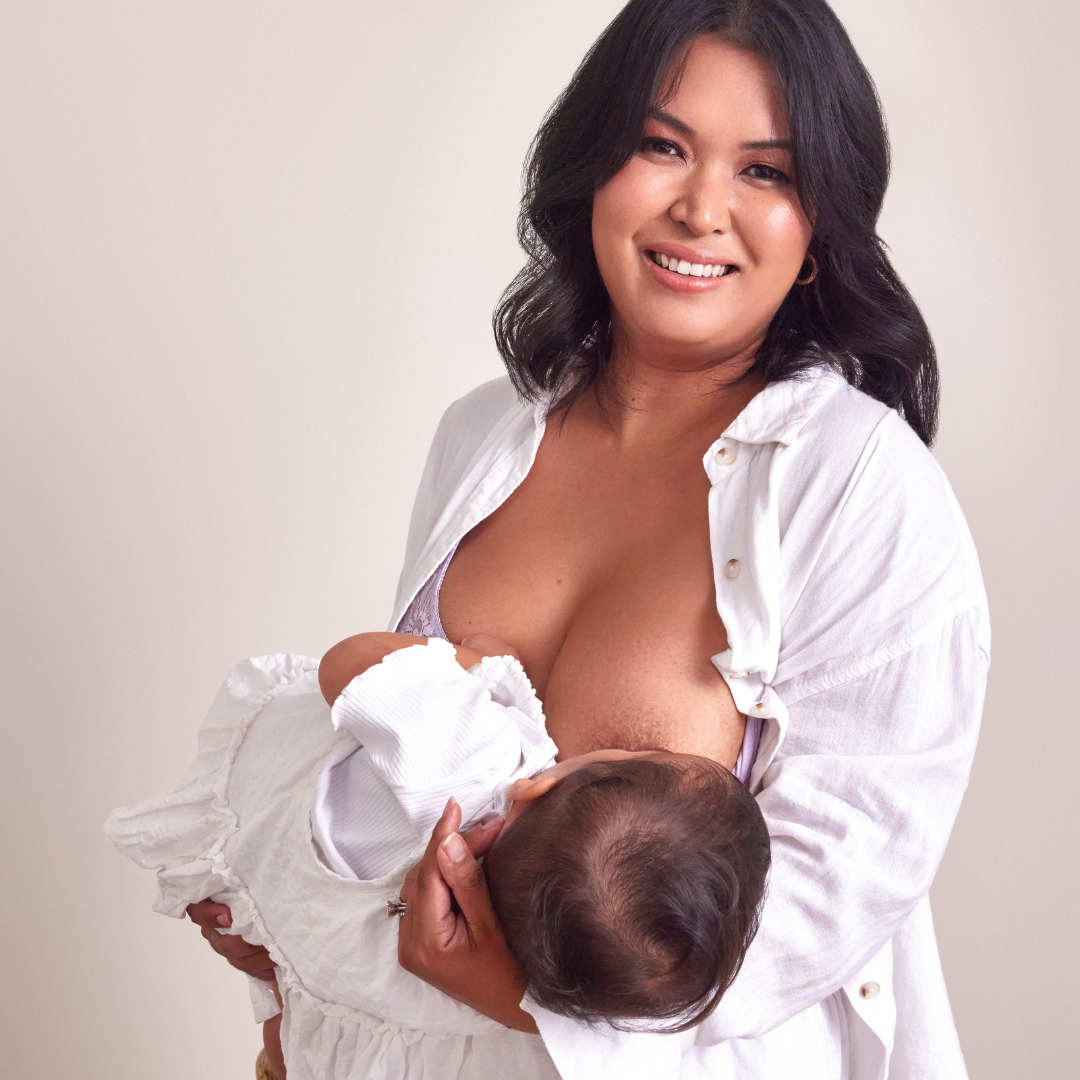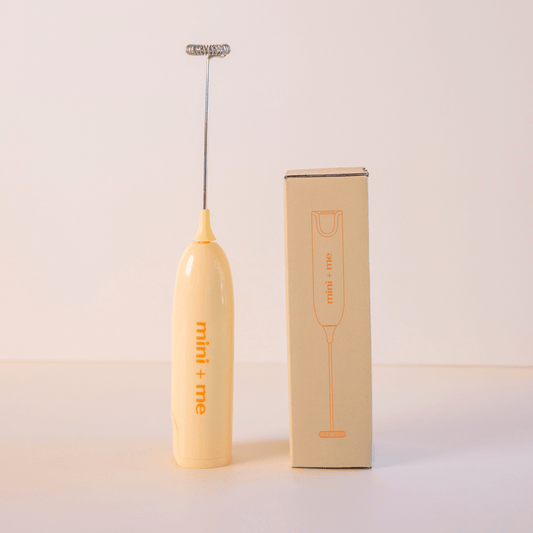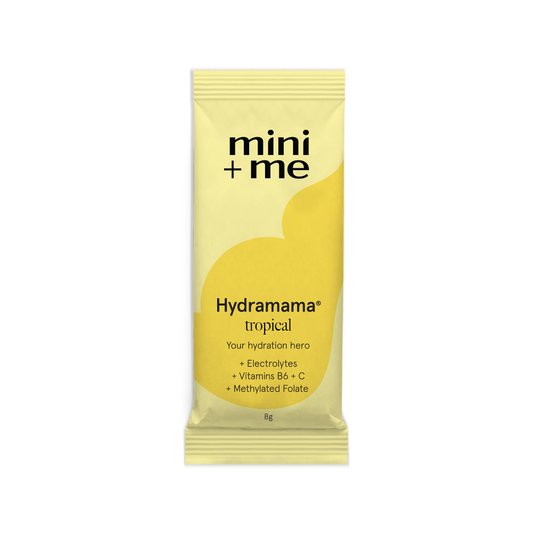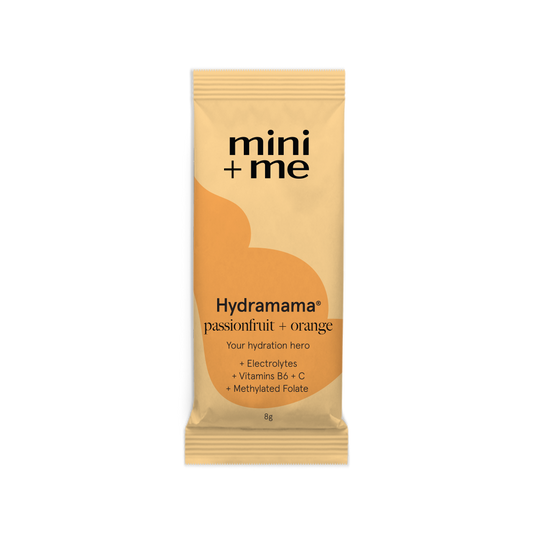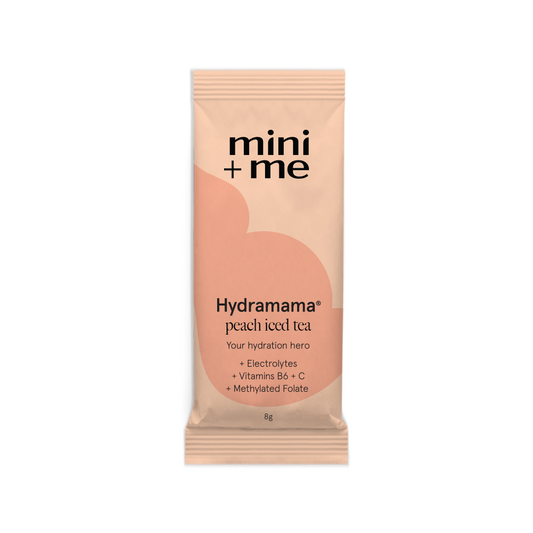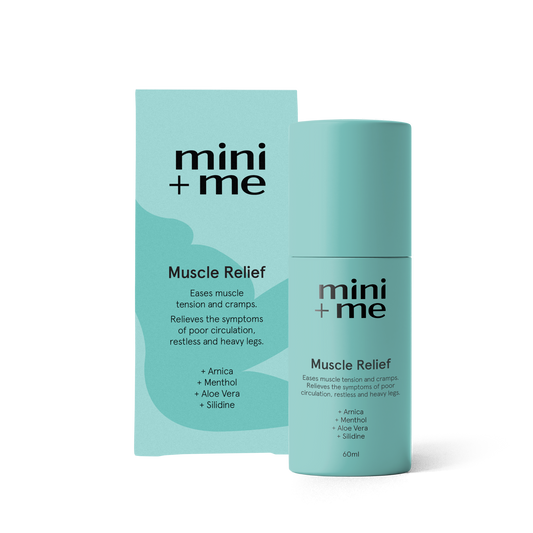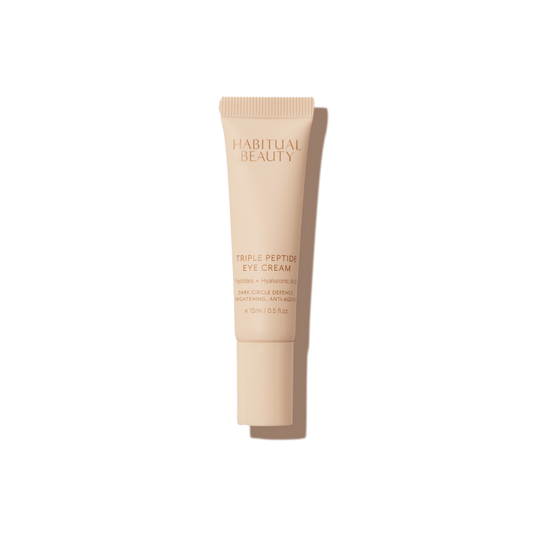Harriet Blannin-Ferguson @the.breast.help is a registered midwife and an Internationally Board Certified Lactation Consultant (IBCLC).
When it comes to life after birth, there’s no shortage of myths, half-truths, and outdated advice floating around, especially when it comes to your body, your baby, and what recovery should look like.
From the pressure to “bounce back” to the idea that breastfeeding is easy (and a miracle weight-loss plan), these misconceptions can leave new mums feeling confused, inadequate, or even guilty.
But here’s the truth: every postpartum journey is different, and there’s no one-size-fits-all blueprint.
In this article, we’re breaking down some of the most common postpartum myths, so you can ditch the unrealistic expectations and give yourself the grace, space, and support you truly deserve.
"Breastfeeding Is a Guaranteed Weight-Loss Miracle"
FALSE
It’s true that breastfeeding can help burn extra calories - around 500 to 700 a day - and some do lose weight while breastfeeding. But for many, it’s not the magical weight-loss solution it's often made out to be. In fact, some people find they hold onto a bit of weight while breastfeeding, especially as hunger increases and eating patterns shift to support milk production.
Postpartum weight loss should be a gradual, gentle process that prioritises nourishment and healing. Pressuring yourself to "bounce back" too quickly can impact not only your wellbeing, but also your milk supply. While research suggests breastfeeding may support weight loss over time - particularly in those who were overweight before pregnancy - many factors come into play, including birth experience, activity levels, and overall health.
The key is to be kind to your body, fuel it well, and give yourself time.
"Breastfeeding Comes Naturally"
FALSE
Many people assume that because breastfeeding is natural, it should come easily - but it’s not quite that simple. Breastfeeding isn’t like breathing; it’s more like learning to walk. It takes time, practice, and often a few stumbles along the way. For many mums, breastfeeding can be a real challenge at first. Every journey is different, and each baby-and-parent pair is unique - like two puzzle pieces learning how to fit together. With the right support, guidance, and patience, you can find what works best for you and your baby.
"You need three litres of water a day"
TRUE
Focusing on recovery in the postpartum period is super important. Supporting your body through this season, combined with learning to care for a newborn and sleep deprivation, can be thirsty work. Focus on staying hydrated with 3 litres of water per day. Shop hydration here.
"Your Baby Bump Disappears Immediately After Birth"
FALSE
After birth, it’s completely normal to still look a little pregnant. Your uterus is still enlarged, and your muscles and skin have stretched to accommodate your baby. That postpartum bump doesn’t disappear overnight - it can take weeks or even months to settle, especially when your days (and nights) revolve around caring for a newborn. Getting back into shape isn’t always easy, and it’s okay if your body takes its time.
Be gentle with yourself - recovery is a process, not a race.
"Breastfeeding is a Trustworthy Contraceptive"
FALSE
Just wanting to set the record straight quickly here! You CAN get pregnant while you’re breastfeeding.
But exclusively breastfeeding (meaning no bottlefeeding for your baby) means you’re more likely to experience a delay in the return of your body’s fertility patterns (known as lactational amenorrhoea). But remember, you ovulate [release an egg] BEFORE you menstruate - so you can never be entirely sure when you will begin being actively fertile while breastfeeding.
"You’re completely healed and recovered at 6 weeks postpartum"
FALSE
At six weeks postpartum, your tissues may be healed, your scar closed, your stitches dissolved, and bleeding reduced - but that doesn’t mean you’re fully recovered.
Healing and recovery are not the same thing.
While some people feel great at this stage, many continue to experience physical, emotional, or functional challenges for months, even years. We wouldn’t expect someone to bounce back into intense activity six weeks after surgery without rehab - so why do we apply that standard to postpartum bodies? There’s nothing magical about the six-week mark. Recovery takes time, and it’s entirely normal for it to take longer - that’s just human physiology.
"You’re a Bad Parent If You Do/Don’t"
FALSE
There’s a silent myth that is hidden deeply ingrained in the “good mother myth”. That being a “good parent” means doing it all - breastfeeding, staying home, never asking for help, always putting yourself last.
But the truth is, there’s no one right way to parent, and the pressure to meet these unrealistic standards only fuels guilt and shame. So many parents, especially mums, carry the weight of feeling like they’re not doing enough - when in reality, they’re doing everything they can.
Parenthood is not one-size-fits-all, and your baby doesn’t need perfection - they need love, safety, and connection.
The same goes for your recovery. It’s okay to take your time, to honour your body, and to acknowledge how you’re really feeling. Listening to yourself and asking for support isn’t weakness - it’s strength.
"Everyone Leaks and has Pelvic Floor Problems After Birth"
FALSE
Yes, things like leaking when you laugh or sneeze are common after birth - but that doesn’t mean they’re normal or something you just have to live with.
These issues are a sign that your pelvic floor needs support, not something to brush off as a normal part of motherhood.
Pelvic floor exercises can make a big difference, and if they’re not enough, help is available. Seeing a pelvic floor physiotherapist or qualified healthcare professional can lead to real improvement through tailored strategies - whether that’s targeted exercises, lifestyle changes, or other treatment options.
Left unaddressed, these issues can become long-term, affecting both your physical and emotional wellbeing. You deserve to feel strong, supported, and in control of your body again.
Cart is Empty
Your Cart is Empty
- Choosing a selection results in a full page refresh.
- Opens in a new window.




